“Methyl Ethyl Ketoxime 190kg Drum” has been added to your cart. View cart
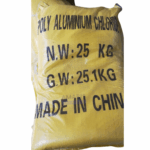

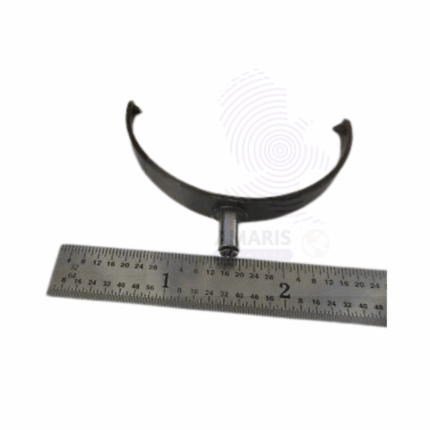
Microscope mirror holder
$300.00 Original price was: $300.00.$220.00Current price is: $220.00.
Poly Aluminum Chloride 25kg
Whatsapp Order
Poly aluminium chloride (PAC) is a water treatment chemical compound that is used to purify and clarify water. It is a coagulant that works by destabilizing and aggregating suspended particles in water, which makes them easier to remove by sedimentation or filtration. PAC is often used as an alternative to traditional aluminum sulfate (alum) and ferric chloride in water treatment, due to its lower required dosage and higher efficiency in removing impurities such as suspended solids, organic matter, and colloidal particles. It is a highly effective and cost-efficient solution for treating both industrial and municipal water.
SKU:
ACS82339CHEM0-1
Category: OTHERS
Description
Uses of Poly Aluminum Chloride
- Water Treatment Studies:
- Jar Tests: PAC is frequently used in jar tests to evaluate its coagulation and flocculation efficiency in different water samples. This helps in determining the optimal dosage and conditions for water treatment processes.
- Comparative Analysis: Researchers use PAC to compare its effectiveness against other coagulants like alum or ferric chloride in removing turbidity, color, and contaminants from water.
- Wastewater Treatment Research:
- Flocculation Mechanisms: Laboratories investigate the mechanisms of flocculation with PAC to understand how it interacts with various pollutants and suspended solids in wastewater.
- Sludge Volume Reduction: Studies focus on the reduction of sludge volume and characteristics of sludge produced when using PAC, aiming to improve sludge management and disposal practices.
- Chemical Synthesis and Analysis:
- Synthesis of Al-Based Compounds: PAC can be a precursor or reagent in the synthesis of other aluminum-based compounds used in various industrial and laboratory applications.
- Catalysis Research: PAC is studied as a potential catalyst or co-catalyst in certain chemical reactions, especially those involving polymerization or hydrolysis processes.
- Environmental Monitoring:
- Pollutant Removal Efficiency: Research labs use PAC to study its effectiveness in removing heavy metals, organic pollutants, and other harmful substances from contaminated water sources.
- Ecotoxicological Studies: The impact of PAC-treated water on aquatic organisms is assessed to ensure that its use does not adversely affect ecosystems.
- Material Science:
- Surface Treatment: PAC is used in experiments related to surface modification and treatment of materials, enhancing properties like hydrophilicity or corrosion resistance.
- Nanomaterials Research: It plays a role in the preparation and stabilization of aluminum-based nanomaterials for various applications, including catalysis and adsorption.
- Quality Control and Standardization:
- Product Testing: Laboratories use PAC to test the quality and performance of water treatment chemicals, ensuring compliance with industry standards and regulations.
- Calibration Standards: PAC solutions are prepared as calibration standards for analytical instruments used in water and wastewater analysis.
Additional information
| COUNTRIES OF ORIGIN |
CHINA |
|---|
Reviews (0)
Be the first to review “Poly Aluminum Chloride 25kg” Cancel reply
Related products
Lead Octoate 30% 250 kg Drum
Long Oil (45/55)
Master Cem ls3000
Methoxy Propanol (PM)Glycol Ether 190kg Drum
MonoPropylene Glycol 215 kg MPG
Monopropylene glycol (also known as 1,2-propanediol or MPG) is a clear, colorless, and odorless liquid organic compound with the molecular formula C3H8O2. It is a type of glycol, which is a class of organic compounds containing two hydroxyl (-OH) groups. Monopropylene glycol is widely used as a solvent, humectant, and viscosity modifier in various industries such as food, pharmaceuticals, cosmetics, and personal care products. It is also commonly used as an ingredient in e-liquids for electronic cigarettes.
Petroleum Resin C9 Hydrocarbon 25 kg Bag
Petroleum resin C9 hydrocarbon, also known as C9 hydrocarbon resin or simply C9 resin, is a type of thermoplastic resin that is derived from the distillation of petroleum products. It is composed primarily of aliphatic and aromatic hydrocarbons, and is typically produced by the polymerization of C9 fraction of petroleum, which is obtained by the distillation of crude oil.
C9 hydrocarbon resin is a highly versatile material that finds use in a wide range of industrial applications, including adhesives, coatings, printing inks, rubber compounding, and more. It is valued for its excellent solubility, compatibility with other resins, and ability to enhance the properties of other materials, such as adhesion, tack, and flexibility.
In summary, petroleum resin C9 hydrocarbon is a type of polymer derived from petroleum that is widely used in various industries for its unique properties and compatibility with other materials
Solvent Naphtha C10 150 180kg Drum
Solvent naphtha is a term used to describe a group of hydrocarbon solvents that are commonly derived from petroleum. These solvents are typically used in industrial processes such as cleaning, degreasing, and as a diluent in the production of paints, coatings, and adhesives. Solvent naphtha can vary in composition, but it generally refers to a mixture of straight-chain and branched-chain hydrocarbons with boiling points in the range of 130°C to 230°C. The exact composition and properties of solvent naphtha can vary depending on the source of the petroleum from which it is derived and the specific refining processes used to produce it

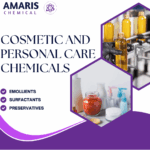
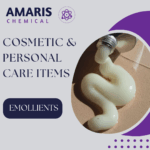 Emollients
Emollients Humectants
Humectants UV Filters
UV Filters Surfactants (cosmetic)
Surfactants (cosmetic) Preservatives (cosmetic)
Preservatives (cosmetic) Fragrances and Essential Oils
Fragrances and Essential Oils Antioxidants (cosmetics)
Antioxidants (cosmetics)
 Solvents (lab)
Solvents (lab) Chromatography Chemicals
Chromatography Chemicals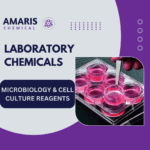 Microbiology and Cell Culture Reagents
Microbiology and Cell Culture Reagents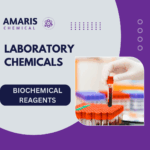 Biochemical Reagents
Biochemical Reagents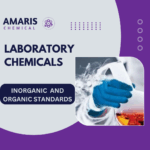 Inorganic and Organic Standards
Inorganic and Organic Standards LABORATORY EQUIPMENT & APPARATUS
LABORATORY EQUIPMENT & APPARATUS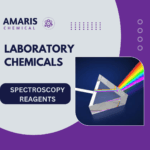 Spectroscopy Reagents
Spectroscopy Reagents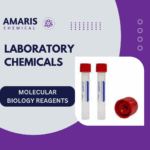 Molecular Biology Reagents
Molecular Biology Reagents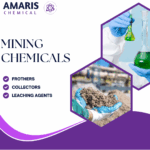
 Precious Metal Extraction Agents
Precious Metal Extraction Agents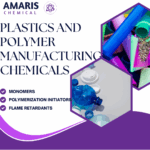
 Plasticizers
Plasticizers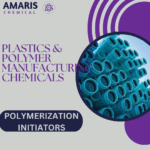 Polymerization Initiators
Polymerization Initiators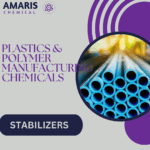 Stabilizers
Stabilizers Monomers
Monomers Fillers and Reinforcements
Fillers and Reinforcements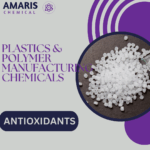 Antioxidants (plastics)
Antioxidants (plastics)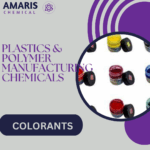 Colorants (plastic pigments,Dyes)
Colorants (plastic pigments,Dyes)
 Fertilizers
Fertilizers Plant Growth Regulators
Plant Growth Regulators Soil Conditioners
Soil Conditioners Animal Feed Additives
Animal Feed Additives Biostimulants
Biostimulants
 Dough Conditioners
Dough Conditioners Flour Treatments
Flour Treatments Fat Replacers
Fat Replacers Preservatives (baking)
Preservatives (baking)
 Surfactants (cleaning)
Surfactants (cleaning) Builders
Builders Bleaching Agents
Bleaching Agents Enzymes
Enzymes Solvents (cleaning)
Solvents (cleaning) Fragrances
Fragrances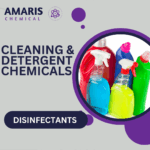 Disinfectant
Disinfectant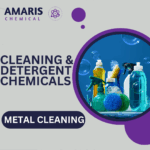 Metal cleaning
Metal cleaning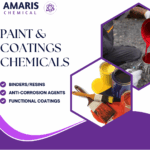
 Binders/Resins
Binders/Resins Pigments
Pigments Solvents (paint)
Solvents (paint) Additives
Additives Driers
Driers Anti-Corrosion Agents
Anti-Corrosion Agents Specialty Coatings
Specialty Coatings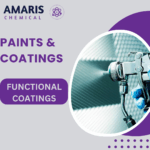 Functional Coatings
Functional Coatings Application-Specific Coatings
Application-Specific Coatings
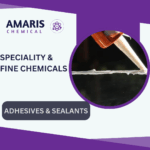 Sealants and Adhesives
Sealants and Adhesives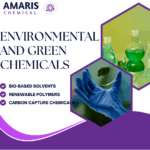
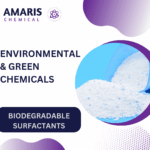 Biodegradable Surfactants
Biodegradable Surfactants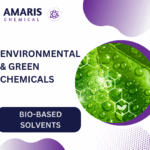 Bio-based Solvents
Bio-based Solvents Renewable Polymers
Renewable Polymers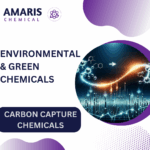 Carbon Capture Chemicals
Carbon Capture Chemicals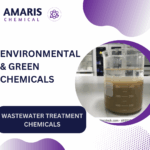 Wastewater Treatment Chemicals
Wastewater Treatment Chemicals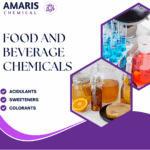
 Preservatives (food)
Preservatives (food) Flavor Enhancers
Flavor Enhancers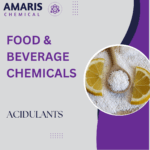 Acidulants
Acidulants Sweeteners
Sweeteners Emulsifiers
Emulsifiers Antioxidants (food)
Antioxidants (food) Colorants (food)
Colorants (food) Nutrient Supplements
Nutrient Supplements Nutraceutical Ingredients
Nutraceutical Ingredients
 Fresh Herbs
Fresh Herbs Whole Spices
Whole Spices Ground Spices
Ground Spices Spice Blends
Spice Blends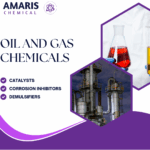
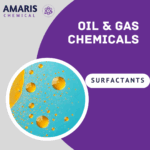 Surfactants(oil)
Surfactants(oil)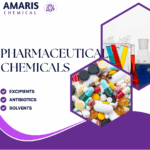
 Antibiotics
Antibiotics Active Pharmaceutical Ingredients
Active Pharmaceutical Ingredients Excipients
Excipients Vaccine Adjuvants
Vaccine Adjuvants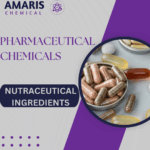 Nutraceutical Ingredients
Nutraceutical Ingredients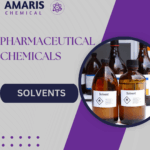 Solvents (pharmaceutical)
Solvents (pharmaceutical)
 Automotive chemicals
Automotive chemicals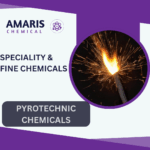 Pyrotechnic Chemicals
Pyrotechnic Chemicals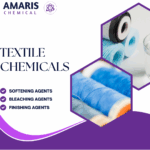
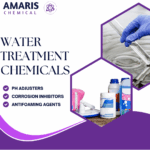

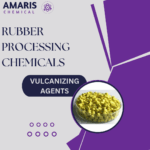 Vulcanizing Agents
Vulcanizing Agents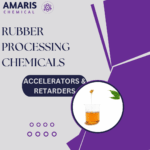 Accelerators & Retarders
Accelerators & Retarders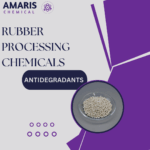 Antidegradants
Antidegradants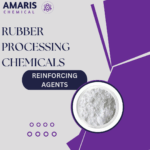 Reinforcing Agents
Reinforcing Agents Plasticizers & Softeners
Plasticizers & Softeners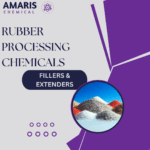 Fillers & Extenders
Fillers & Extenders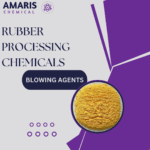 Blowing Agents
Blowing Agents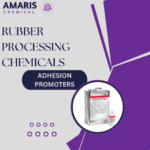 Adhesion Promoters
Adhesion Promoters
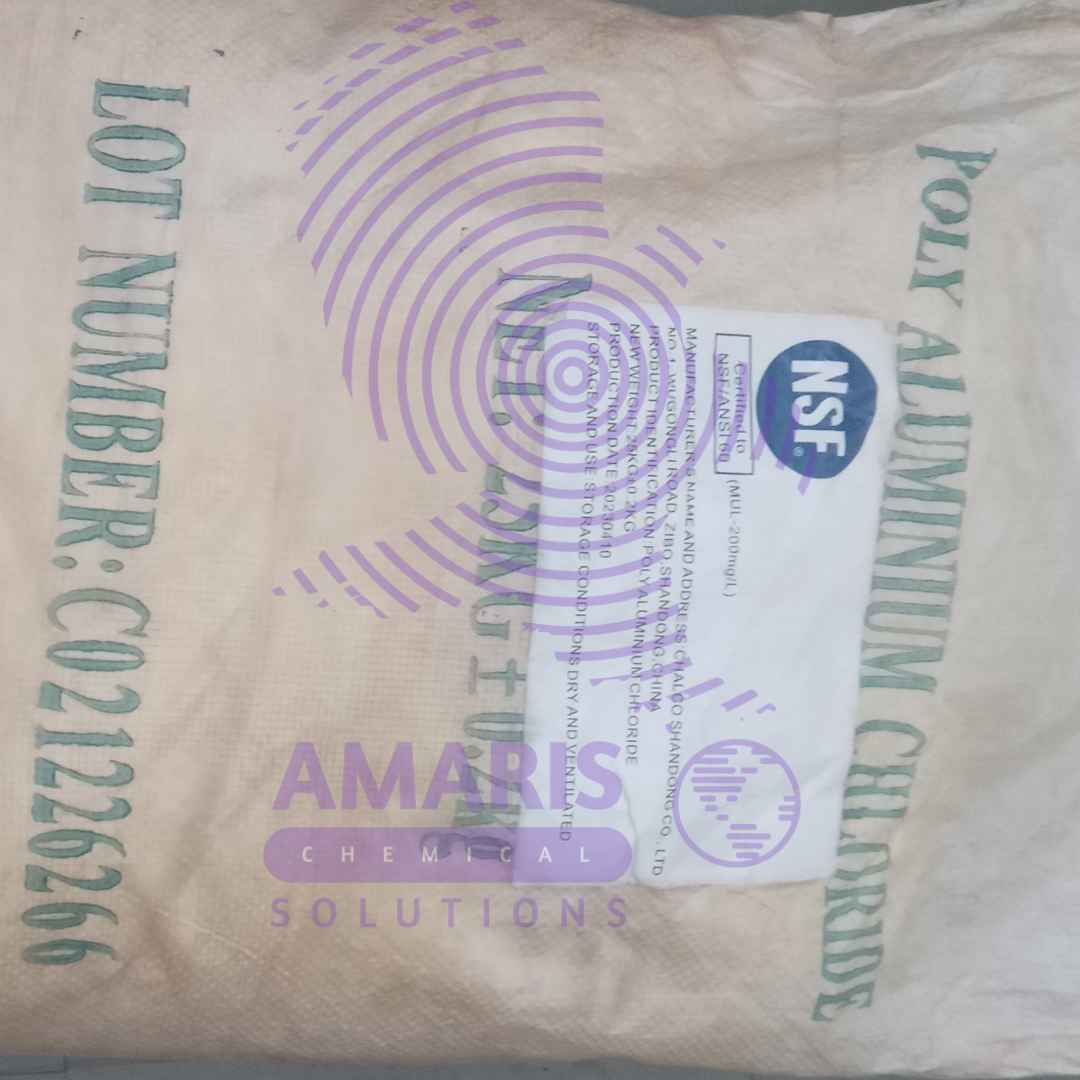

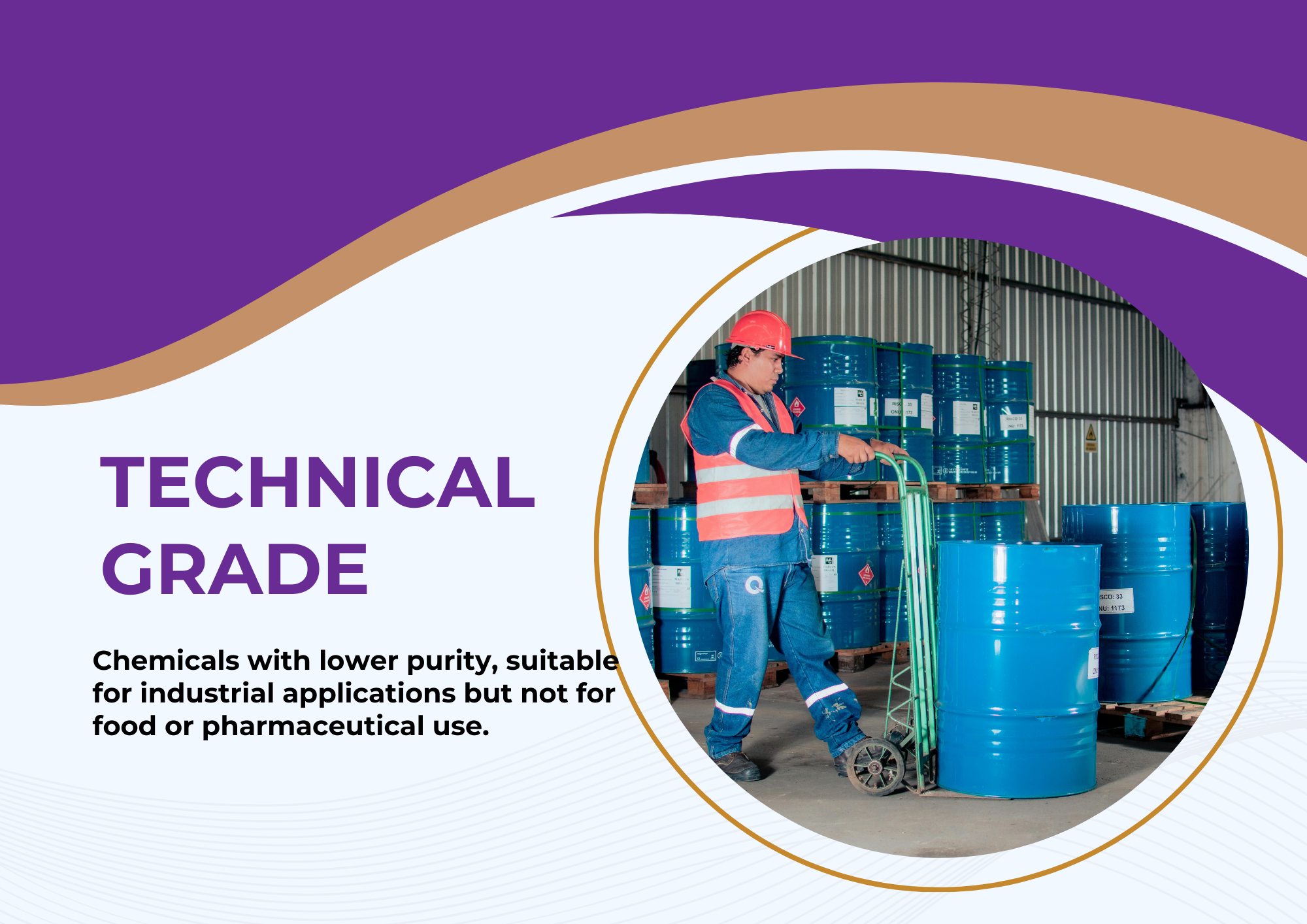
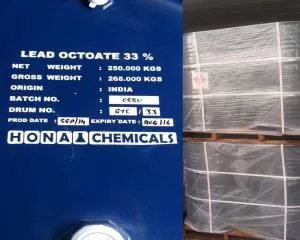
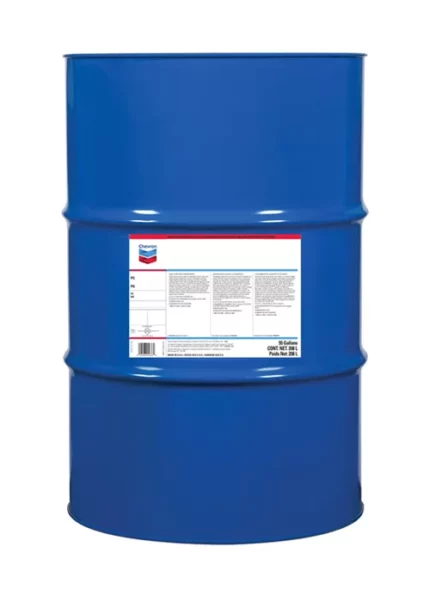
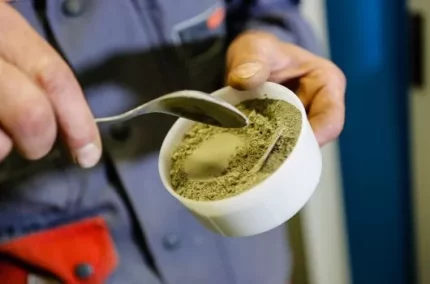
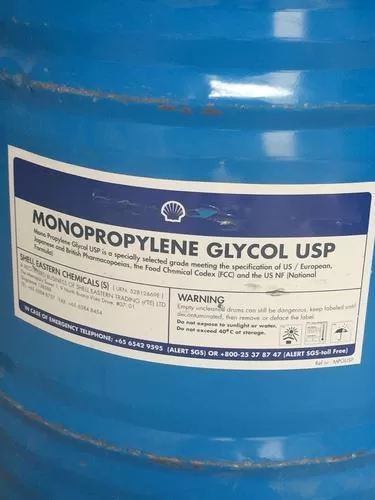
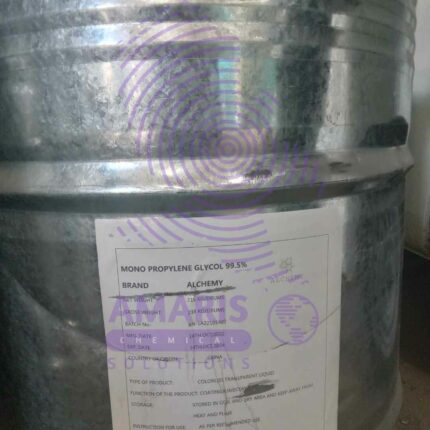
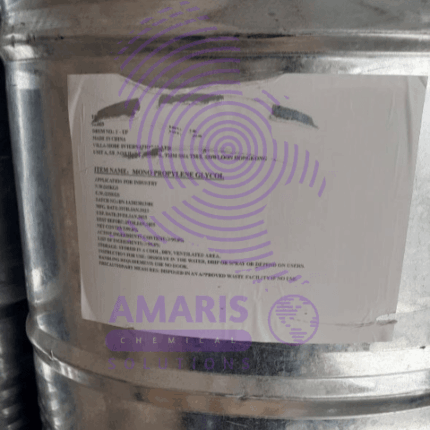
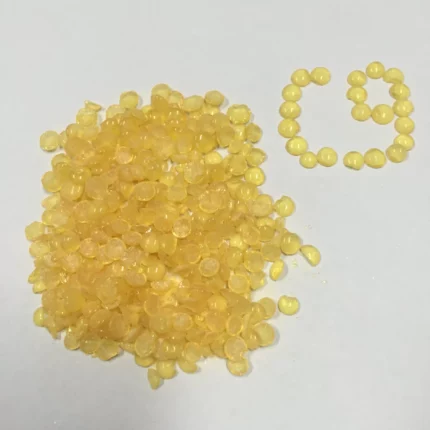
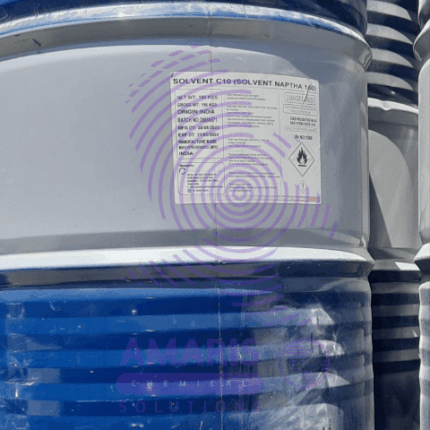
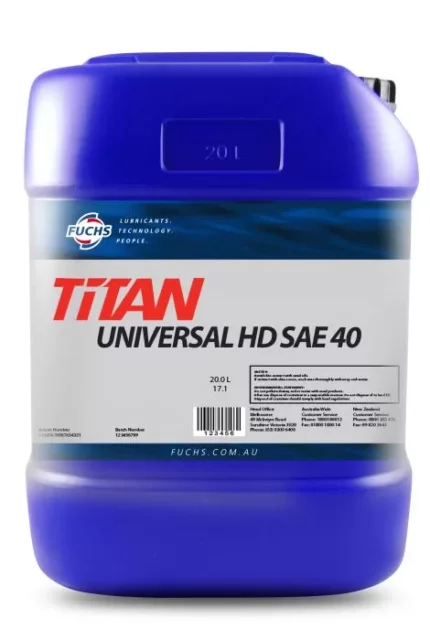













Reviews
There are no reviews yet.